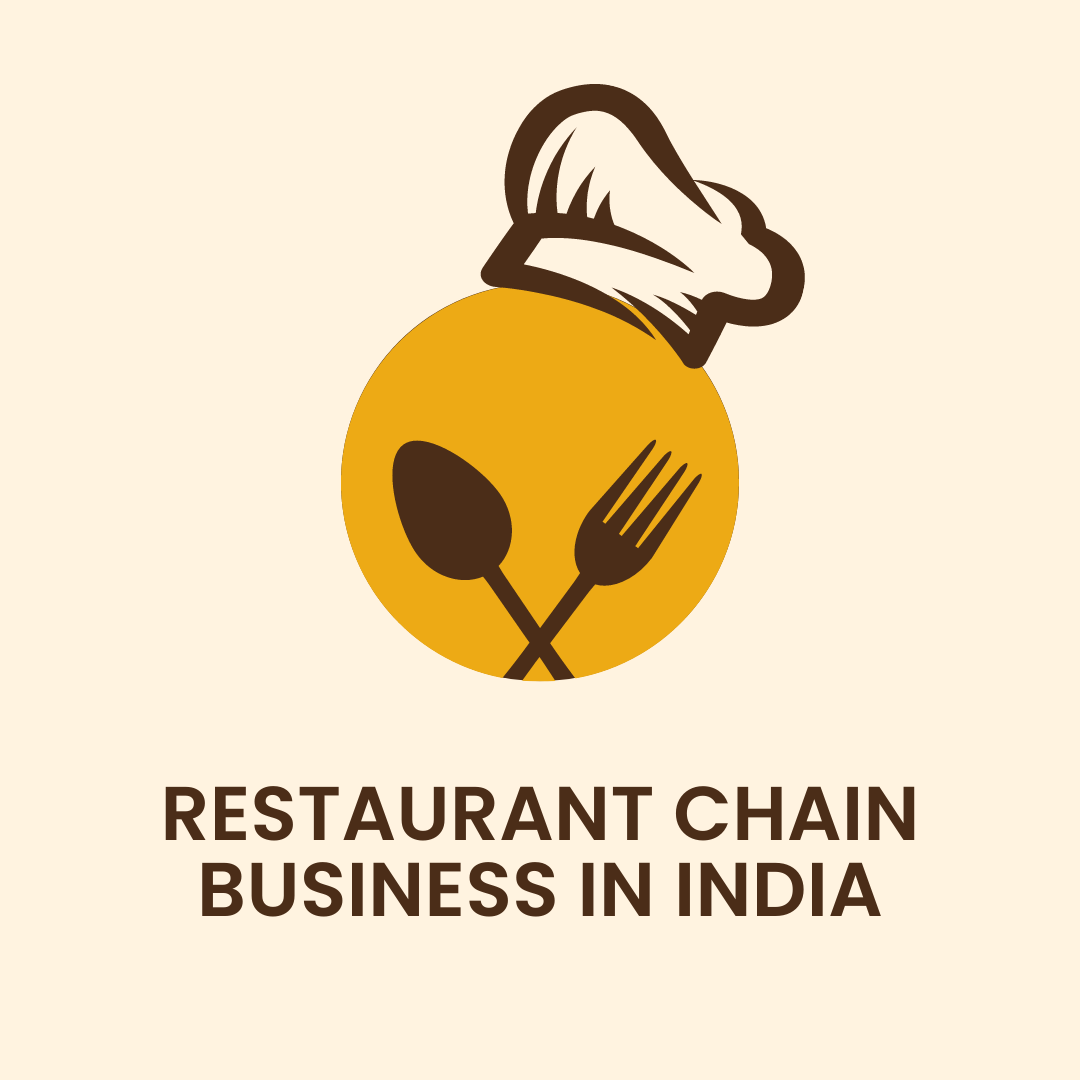The restaurant chain business in India has experienced significant growth and transformation over the years. With a diverse culinary landscape and a growing appetite for dining out, restaurant chains have become a prominent feature of India’s food industry.
In this article, we delve into the dynamics of the restaurant chain business in India, its evolution, key players, popular trends, challenges, and opportunities.
How To Start a Restaurant Chain Business In India
Historical Background
India’s rich culinary heritage, influenced by various regional cuisines, has always been an integral part of its cultural fabric.
Historically, dining out was limited to standalone restaurants, street food vendors, and local eateries.
However, with the rise of globalization, urbanization, and changing consumer lifestyles, restaurant chains emerged as a popular dining options, offering standardized experiences, convenience, and a wide range of menu choices.
Evolution of the Restaurant Chain Business
The restaurant chain business in India has witnessed remarkable growth and evolution. Initially, international fast-food chains like McDonald’s, KFC, and Pizza Hut entered the Indian market, introducing the concept of quick-service restaurants (QSR).
These chains revolutionized the dining experience by providing efficient service, standardized quality, and affordable prices.
As the market matured, domestic players also entered the scene, offering regional and ethnic cuisine through their chain outlets.
From South Indian dosa chains to North Indian thali restaurants, these local chains captured the essence of regional flavors and attracted a loyal customer base.
Key Players and Market Dynamics
The restaurant chain business in India comprises a mix of international and domestic players. Global QSR chains like McDonald’s, KFC, Subway, Domino’s, and Burger King have established a strong presence across the country.
Additionally, several Indian chains such as Café Coffee Day, Barbeque Nation, Mainland China, and Biryani By Kilo have gained popularity and expanded their footprints.
The market dynamics are influenced by factors such as changing consumer preferences, urbanization, disposable income, and the emergence of food delivery platforms.
The growing middle class, with its increasing affinity for dining out, has fueled the demand for restaurant chains. Moreover, the rise of food aggregators and online delivery platforms has further boosted the growth of the industry.
Popular Trends in the Restaurant Chain Business
Several trends have shaped the restaurant chain business in India. Customization and localization have gained prominence, with chains adapting their menus to suit regional tastes and preferences.
Chains are also incorporating healthier options, catering to the growing demand for nutritious and conscious dining choices.
Another significant trend is the fusion of international and local flavors. Chains are experimenting with fusion cuisine, combining Indian and global culinary influences to create unique and innovative dishes.
This trend appeals to the adventurous palates of Indian consumers, who are open to trying new and exciting flavors.
Furthermore, technology integration has transformed the dining experience. Many restaurant chains have adopted digital ordering systems, self-service kiosks, mobile apps, and loyalty programs to enhance convenience, streamline operations, and provide personalized experiences to their customers.
Challenges and Opportunities
The restaurant chain business in India comes with its own set of challenges. Intense competition is one of the major hurdles, as both domestic and international chains vie for market share.
Differentiating oneself through unique offerings, ambiance, quality, and service becomes crucial in this highly competitive landscape.
Maintaining consistency across multiple outlets poses operational challenges. Restaurant chains need to ensure that their food quality, service standards, and brand experience are consistent across all locations, despite variations in staff, suppliers, and customer expectations.
The changing regulatory landscape and compliance requirements present challenges for restaurant chains. Adhering to food safety regulations, obtaining licenses, and managing labor-related compliances require careful attention and resources.
Despite the challenges, the restaurant chain business in India offers significant opportunities.
Opportunities in the Restaurant Chain Business
- Untapped Regional Markets: While major cities in India have witnessed a proliferation of restaurant chains, there is still significant potential in untapped regional markets.
Tier 2 and Tier 3 cities are experiencing rapid urbanization and a growing middle-class population, creating opportunities for restaurant chains to expand their presence and cater to the evolving tastes and preferences of these consumers.
- Franchising and Expansion: Franchising offers a viable growth strategy for restaurant chains in India.
By partnering with local entrepreneurs, chains can expand their footprint rapidly, leveraging local market knowledge and resources. Franchising also enables chains to penetrate smaller markets and diversify their offerings.
- Embracing Delivery and Takeout: The rise of food delivery platforms and the growing popularity of takeaway orders provide opportunities for restaurant chains to extend their reach and cater to the convenience-driven demands of consumers.
By optimizing their delivery operations and partnering with aggregators, chains can tap into the growing demand for home-delivered meals.
- Specialized and Niche Concepts: The evolving tastes and preferences of consumers have created a demand for specialized and niche restaurant concepts.
This includes vegetarian-only chains, health-focused restaurants, regional cuisine specialists, and experiential dining concepts. By catering to specific consumer needs and offering unique dining experiences, chains can carve out their niche and attract a dedicated customer base.
- Innovation in Menu Offerings: Continuous menu innovation and staying updated with food trends provide opportunities for restaurant chains to differentiate themselves.
Introducing seasonal menus, fusion dishes, plant-based options, and globally-inspired flavors can attract adventurous diners and keep the brand fresh and exciting.
- Collaborations and Partnerships: Collaborating with complementary businesses, such as food and beverage brands, local suppliers, or celebrity chefs, can create synergies and enhance the brand image.
Joint promotions, cross-branding, or co-branded events can help restaurant chains expand their reach and tap into new customer segments.
- Sustainable Practices: The growing awareness of sustainability and eco-consciousness presents an opportunity for restaurant chains to embrace environmentally-friendly practices.
This includes sourcing local and organic ingredients, reducing food waste, implementing energy-efficient operations, and promoting eco-friendly packaging. Incorporating sustainability into their brand identity can resonate with environmentally-conscious consumers and attract their patronage.
Conclusion
The restaurant chain business in India is a dynamic and evolving industry, shaped by changing consumer preferences, technological advancements, and a competitive landscape.
With a diverse culinary heritage, the industry offers ample opportunities for chains to cater to regional tastes, introduce innovative concepts, and embrace new dining trends.
By understanding the market, focusing on quality and consistency, leveraging technology, and staying attuned to consumer demands, restaurant chains in India can establish a strong presence, provide memorable dining experiences, and contribute to the vibrant Indian food culture.




